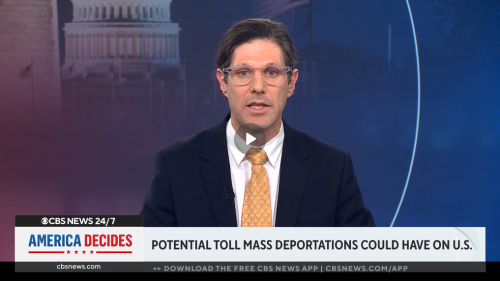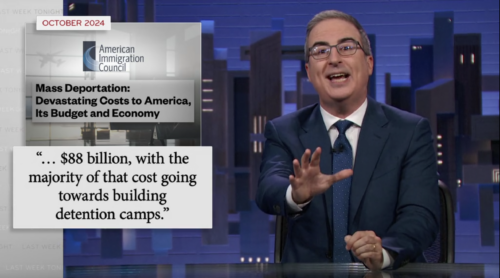In 1997, refugee Alem Boric and a partner started Europa Market, 600 square feet of Bosnia in St. Louis.
Today, what began as a corner store in the city’s Bevo Mill neighborhood is a 96,000-square-foot (8,900-square-meter) juggernaut that distributes smoked meats, cheeses, cakes and Croatian jams from the former Yugoslavia, Germany, Italy, and Greece to 28 U.S. states. The company, now up to 45 employees, has seen its revenue double annually for the past several years.
In the suburbs and countryside of Rust Belt swing states, President Donald Trump’s anti-immigrant message may have carried the day, but in St. Louis and the rest of the region’s dilapidated, post-industrial cities, it’s anathema. Immigrants represent rebirth: They’ve stabilized neighborhoods, cushioned city coffers and, in the process, supported credit ratings and bond sales. Mayors from Detroit to Cleveland — as well as northeastern cities like Albany, New York, and Lowell, Massachusetts — see financial salvation in these newest Americans and are dismayed by Trump’s drive to tighten the borders.
Read the full story from Bloomberg: “Trump May Not Want Refugees, but Rust Belt Mayors Do.”



